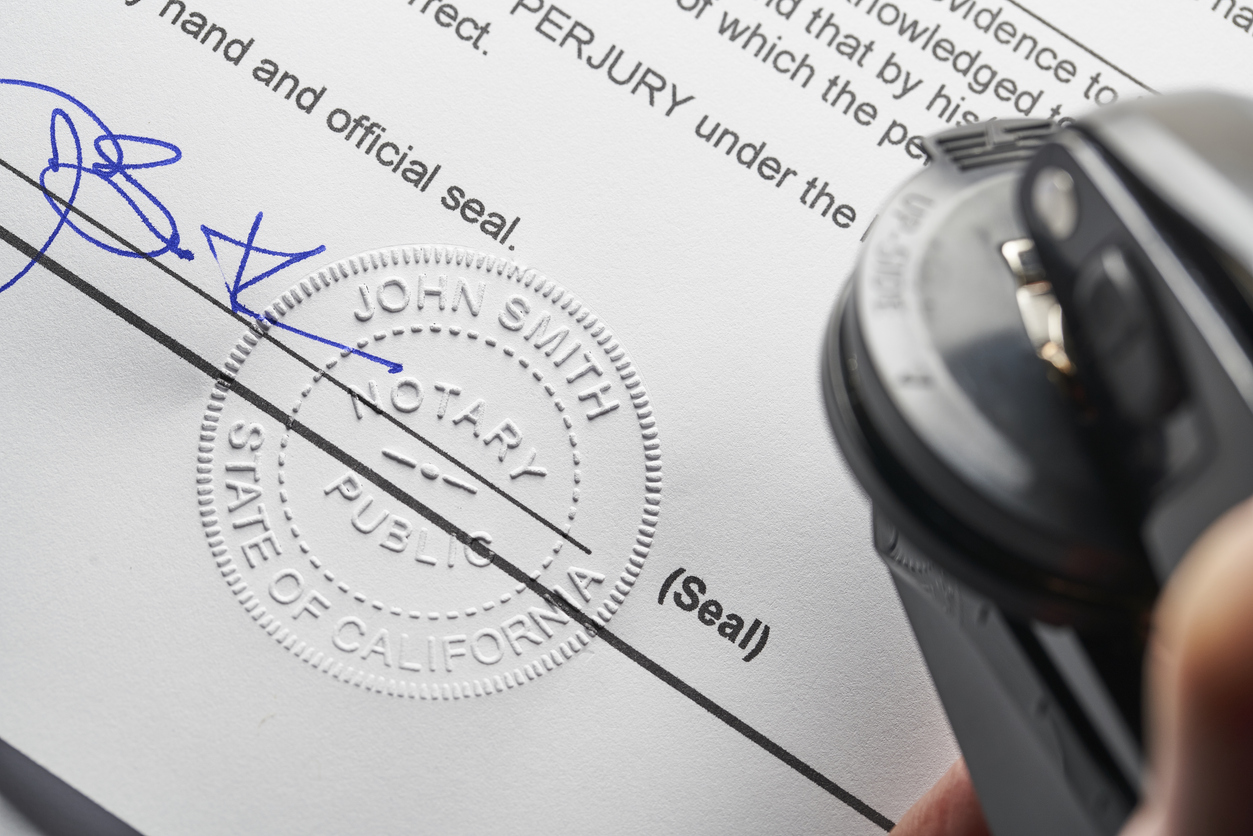Last year in one of my blogposts, I wrote about Windridge of Naperville Condominium Association v. Philadelphia Indemnity Insurance Company,1 and the issue whether appraisal is appropriate to resolve a dispute over the cost of repairing physically undamaged siding of townhome buildings to remedy a mismatch with repaired damaged siding. There, a federal district court in Illinois denied the Association’s motion to compel appraisal on the “matching” issue, reasoning it was a question of coverage, not loss amount, and thus inappropriate for appraisal. This coverage issue was subsequently resolved in favor of the Association, the district court concluding that Philadelphia must replace or pay to replace the siding on all four of the townhome buildings’ elevations if no siding is available that matches the undamaged siding on the north and east elevations, as claimed by the Association.2
Philadelphia appealed the district court’s entry of summary judgment in favor of Windridge. The Seventh Circuit Court of Appeals recently affirmed the ruling, rejecting Philadelphia’s argument that because only the south and west elevations suffered “direct physical loss to covered property” within the meaning of the policy’s coverage grant, it need only replace the siding on those elevations.3
With respect to the phrase “direct physical loss,” the Seventh Circuit applied a common sense meaning: physical damage to tangible property causing an alteration in appearance, shape, color, or in other material dimension, which is what occurred to the siding. As to the term “covered property,” the Seventh Circuit concluded that the unit of covered property to consider under the policy (each panel of siding vs. the building as a whole) was ambiguous, meaning that the Association’s reading of the policy prevailed.
One point the Seventh Circuit made clear though was that it was deciding the case on the policy language at hand, including the valuation and loss payment provisions in the Philadelphia policy. That is why the only case it found instructive was National Presbyterian Church, Inc. v. GuideOne Mutual Insurance Company,4 in which a federal district court in the District of Columbia ordered GuideOne to pay to replace all of a church’s exterior limestone panels, including those that were undamaged by a 2011 earthquake, to ensure that all of the panels matched in color and weathering.5 While the coverage grant, valuation, and loss payment provisions in the Philadelphia policy supported the conclusion that Philadelphia must pay to return the buildings to their pre-storm status (matching siding on all sides),6 the Seventh Circuit stated that matching may not be appropriate in situations involving limited damage, such as one mismatched shingle on a roof.
So, is Illinois a “matching” state? With respect to any case filed in an Illinois federal district court under the ISO Commercial Property Building and Personal Property Coverage Form, I would submit yes, as long as matching is sought for something other than “limited” damage as the Seventh Circuit discussed in its opinion. As far as Illinois state courts, the answer likely will depend on the court considering the issue, as Illinois state courts are not bound to follow federal district court opinions, including Seventh Circuit opinions, as they are considered persuasive authority and not precedential authority.7
___________________________________
1 Windridge of Naperville Condominium Association v. Philadelphia Indem. Ins. Co., No. 16-3860, 2017 WL 372308 (N.D. Ill. Jan 26, 2017).
2 Windridge of Naperville Condominium Association v. Philadelphia Indem. Ins. Co., No. 16-3860, 2018 WL 1784140 (N.D. Ill. April 13, 2018).
3 Windridge of Naperville Condominium Association v. Philadelphia Indem. Ins. Co., 2019 WL 3720876 (7th Cir. August 7, 2019).
4 Nat’l Presbyterian Church, Inc. v. GuideOne Mut. Ins. Co., 82 F. Supp. 3d 55 (D. D.C. 2015).
5 The policy at issue in both Windridge of Naperville Condominium Association and Nat’l Presbyterian Church, Inc. was a slightly modified version of the ISO Building and Personal Property Coverage Form (CP 00 10).
6 Philadelphia’s counsel conceded at oral argument that matching siding was not available.
7 Bridgeview Health Care Center, Ltd. v. State Farm Fire & Cas. Co., 10 N.E.3d 902 (Ill. 2014).



